Toni Ko was just 13 when she immigrated from South Korea to Los Angeles with her family. Working behind the counter of her parents’ small cosmetics store, she watched customers search for affordable products that actually worked — and realized there was a massive gap in the beauty industry.
Years later, she turned that insight into NYX Cosmetics, a brand that made professional-quality makeup accessible to every woman — and went on to sell it to L’Oréal for half a billion dollars.
Meet Toni Ko, Founder of NYX Cosmetics.
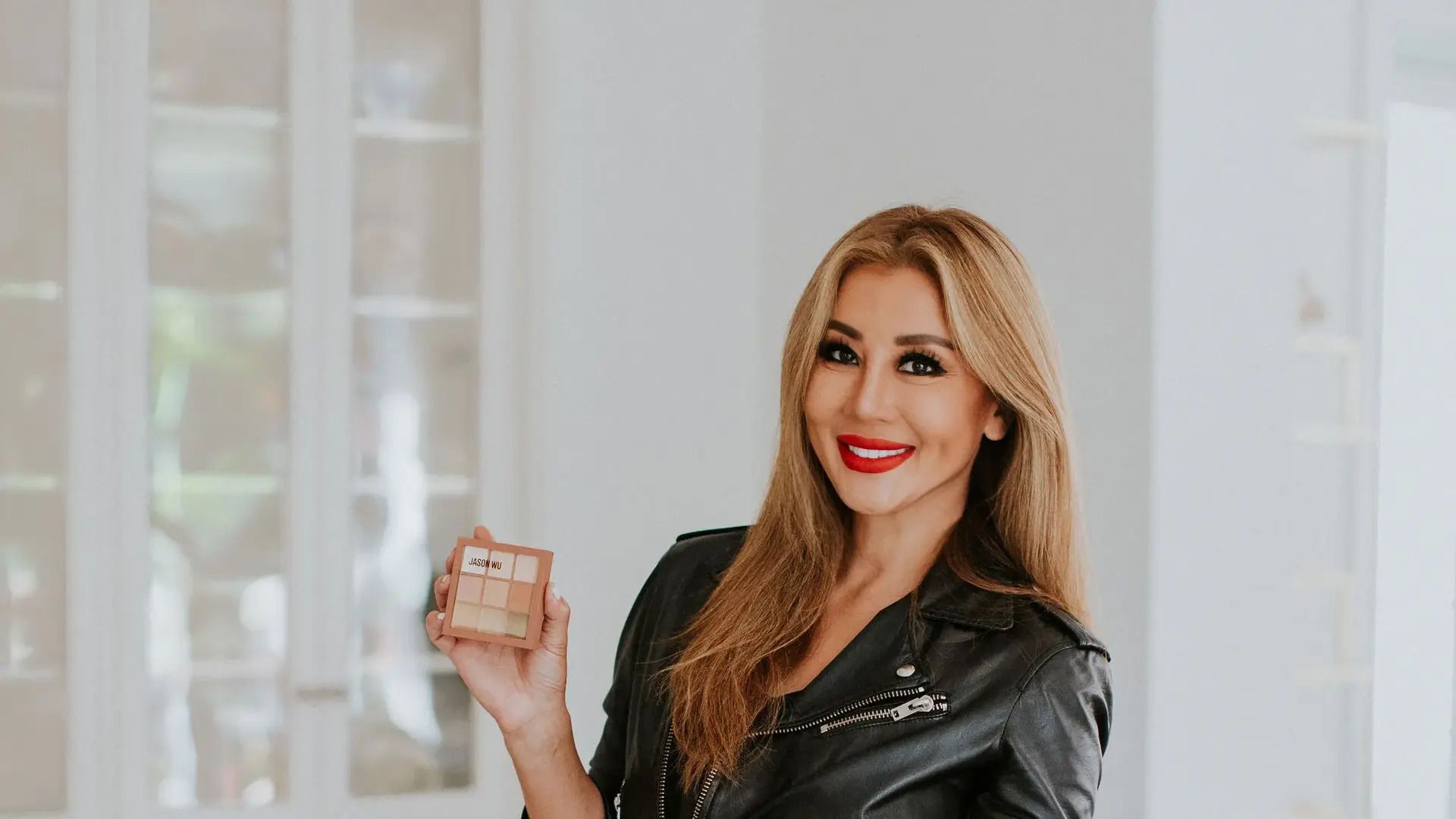
From Immigrant Roots to Entrepreneurial Dreams
Before she was the founder of one of the most iconic beauty brands in the world, Toni Ko was a determined teenager working in her parents’ small cosmetics shop in Los Angeles. Born in Daegu, South Korea, she immigrated to the United States at age 13 with her family — her parents carrying little more than ambition and a belief in the American dream.
Toni grew up behind the counter, surrounded by rows of lipstick tubes and mascara wands. She watched how women shopped, how they reacted to prices, and how disappointed they felt when drugstore products didn’t deliver. That hands-on education became her informal MBA — long before she ever thought of starting her own company.
By her 20s, Toni had already spotted what beauty executives had missed: the massive gap between quality and affordability. And she knew she was the one to bridge it.
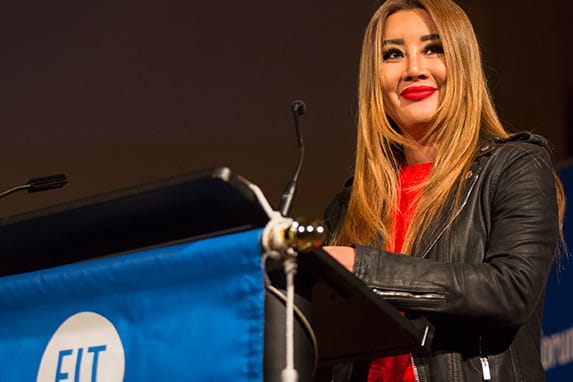
From Small Shop to Global Brand
In 1999, at just 26 years old, Toni launched NYX Cosmetics from her tiny Los Angeles apartment with a $250,000 loan from her parents. She did everything herself — from product development to packaging to driving around in her car making deliveries.
Her goal was simple: professional-quality makeup at a price anyone could afford.
Her first product — a line of long-lasting eye pencils — sold out instantly. Makeup artists and beauty lovers couldn’t get enough. The internet was still young, but word-of-mouth spread fast. NYX became a cult favorite among women who wanted quality without compromise.
By the mid-2000s, NYX was everywhere — in drugstores, salons, and makeup bags across the country.
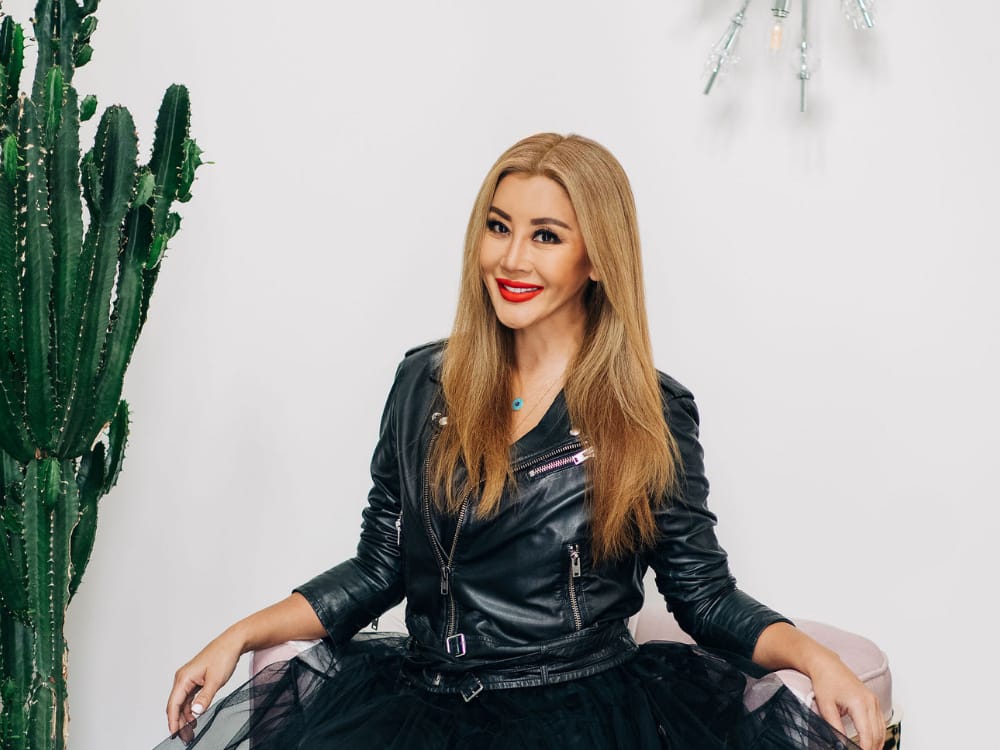
The Billion-Dollar Aesthetic
By 2014, NYX had become one of the fastest-growing beauty brands in the world. The products were affordable, cruelty-free, and surprisingly high-performing.
That same year, L’Oréal came knocking. The global beauty giant acquired NYX for $500 million — an unprecedented deal at the time for a brand started by a 26-year-old immigrant woman.
Toni Ko became one of the first women in America to build and sell a self-funded company for half a billion dollars. Even after the acquisition, she stayed involved in the beauty world, later launching new ventures like Bespoke Beauty Brands, helping the next generation of creators bring their visions to life.
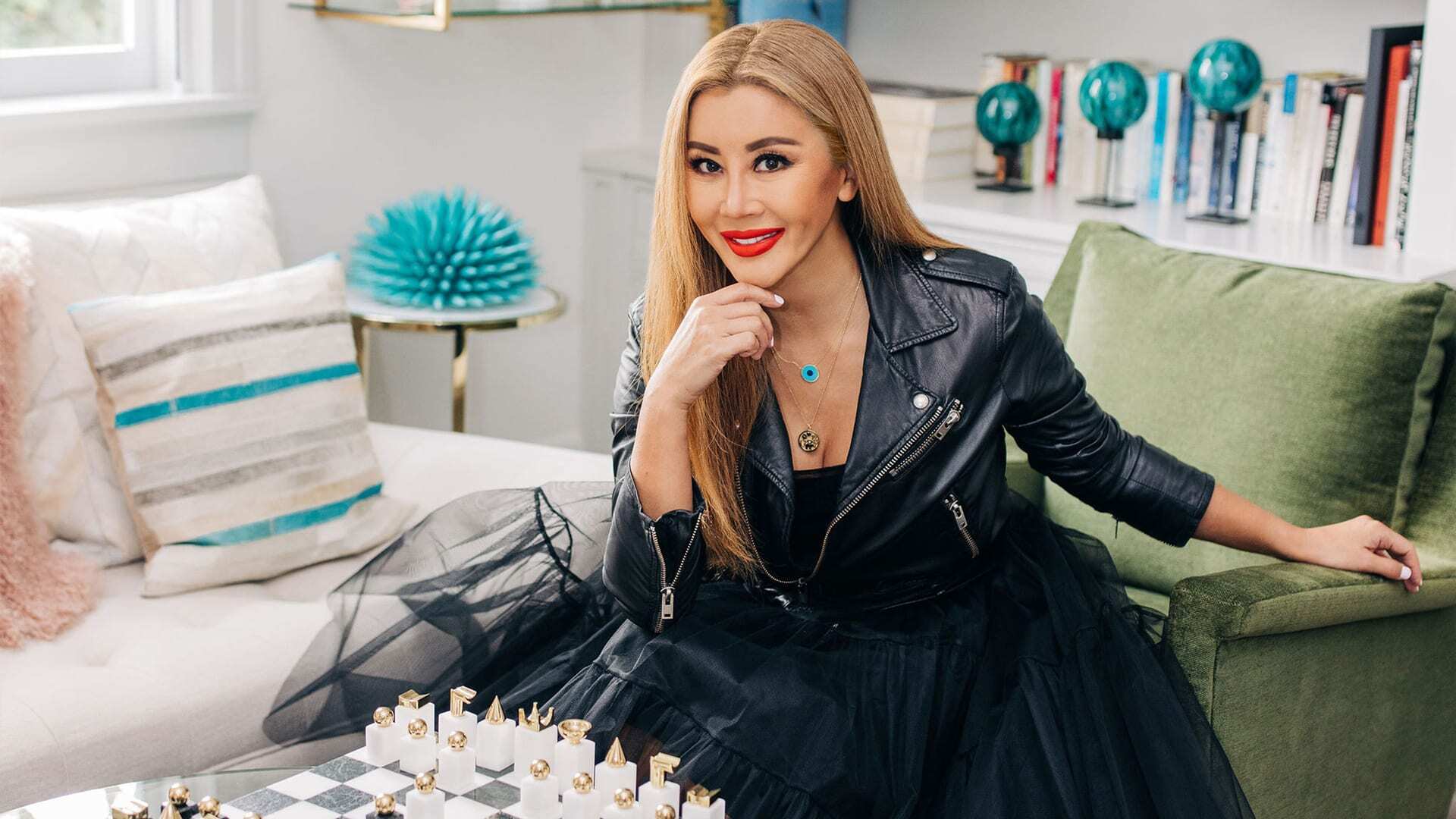
Redefining Success
Reflecting on her journey, Toni often says she didn’t invent makeup — she just made it better.
“I didn’t invent makeup,” she said. “But I created makeup that women could actually afford — and that made all the difference.”
Her story is about more than cosmetics. It’s about seeing an invisible problem, betting on yourself, and proving that you don’t need privilege or pedigree to build an empire.
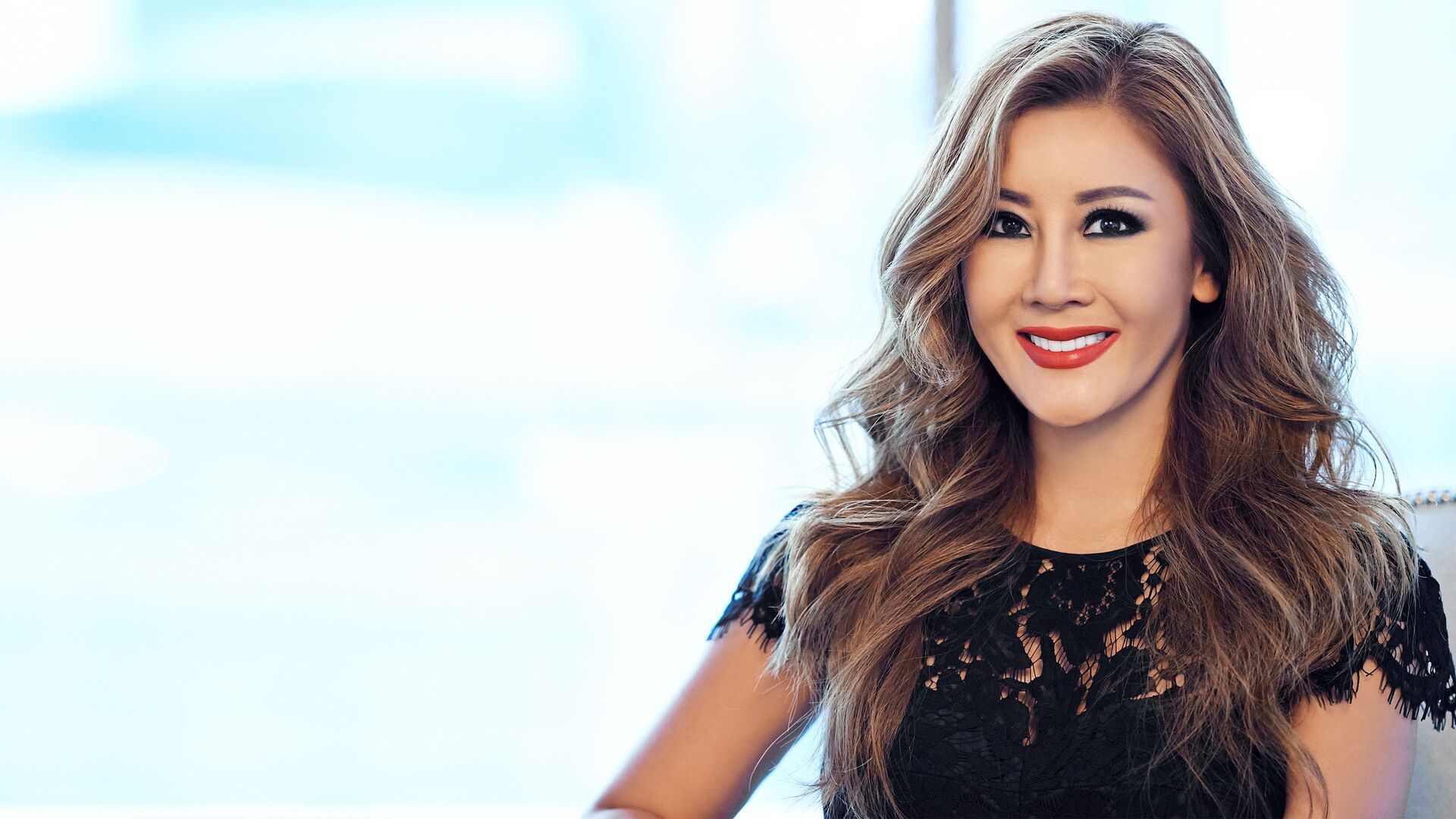
Five Leadership Lessons from Toni Ko
Find the gap. The best ideas live where quality and accessibility meet.
Start small, think global. NYX began in a one-bedroom apartment — not a boardroom.
Listen to your customers. The best market research happens face-to-face.
Stay hands-on. Loading boxes yourself teaches you more than any MBA.
Own your story. Authenticity is your greatest competitive edge.
Jenny’s Takeaway
Toni Ko’s story is a masterclass in grit, intuition, and timing. She saw what billion-dollar corporations missed — that every woman deserves luxury without the price tag.
From working in her family’s small shop to selling her company for $500 million, she proved that entrepreneurship isn’t about invention — it’s about improvement.
She didn’t just sell makeup. She sold empowerment — and changed what affordable beauty could mean for women everywhere.
